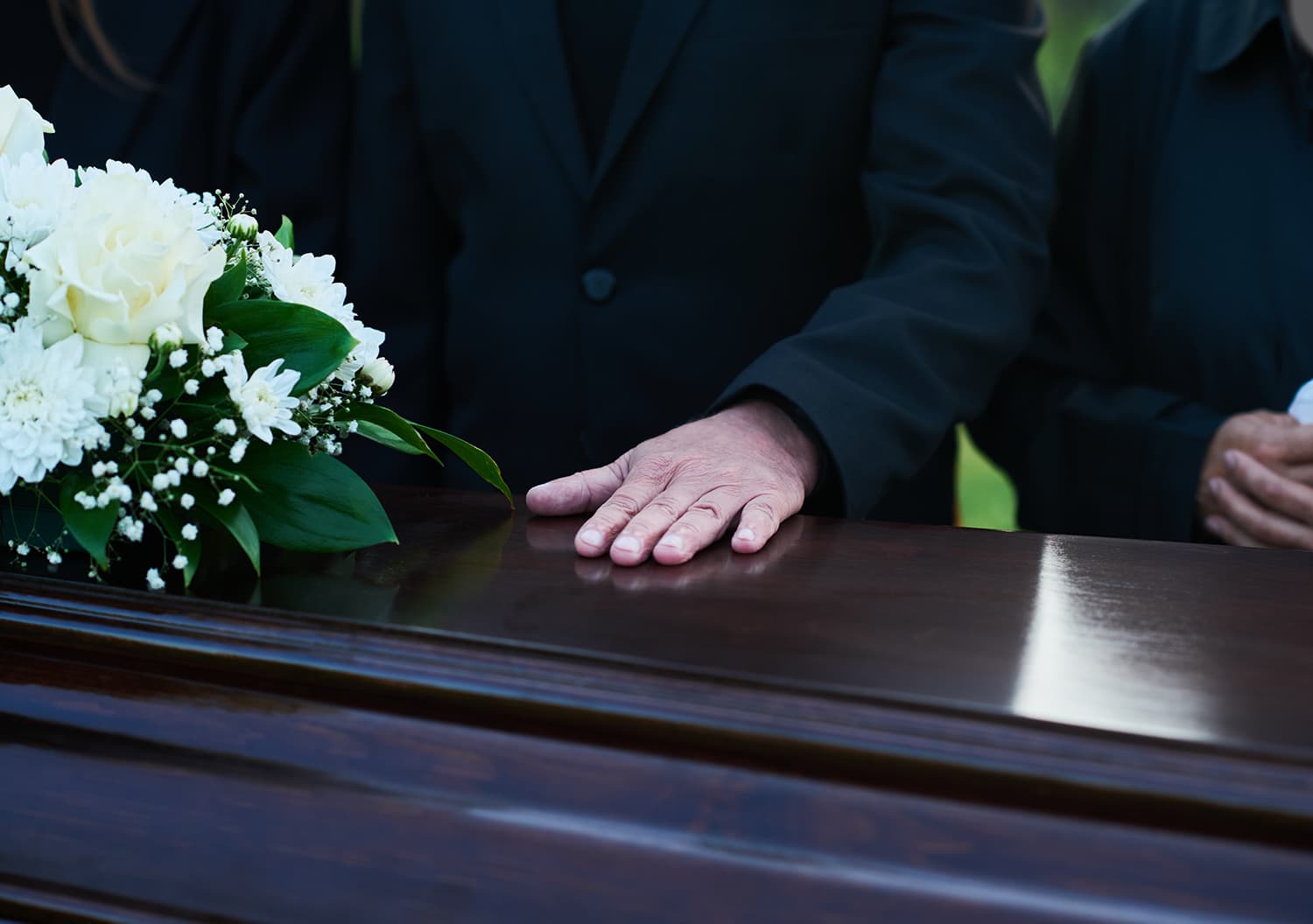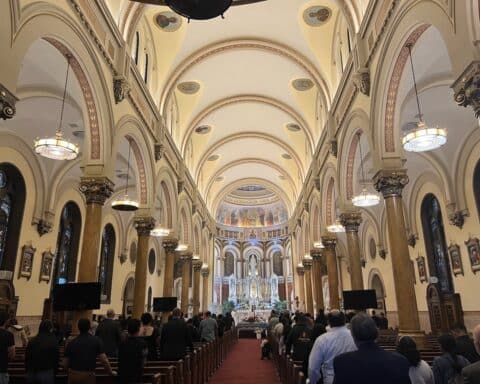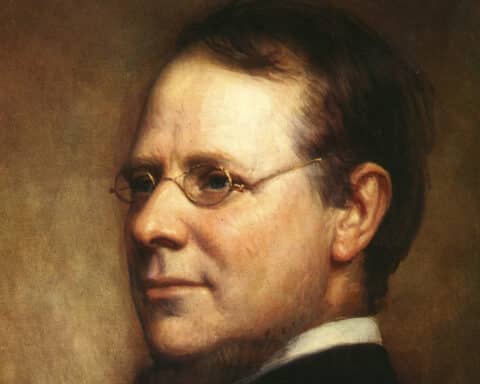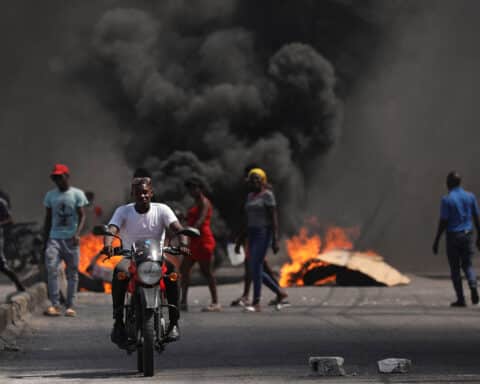(OSV News) — Exposed to death early on in life, I don’t remember when funerals weren’t part of my consciousness. I have very vivid memories, from when I was 12 years old, of my great-grandmother’s funeral. One memory that struck me as significant then was how much time the elderly priest assigned to celebrate her funeral Mass spent with our family during the wake.
The priest didn’t know any of us, nor my great-grandma, as she no longer belonged to the parish where she wanted her funeral Mass to be celebrated — the parish where she had been married and had had her children baptized many decades previously. But the priest ministered to our family, getting to know us and the beloved woman we mourned. He helped us grieve and pray her into eternity. After the wake and funeral, our paths did not cross much. But on the various occasions that they did, the priest always remembered us.
The role of the wake
Such an example makes it clear how important the role of the wake is in the context of Christian burial. Unfortunately, as the funeral industry has become more commercialized and personalized — and less sacral and ritualized — wakes are beginning to disappear. Design your funeral the way you want it, the professionals say. And the Church seems to have acquiesced to this rather easily. It begs the questions: Are our rituals being held hostage by a changing funeral industry? Are our parishes becoming, like funeral homes, just another funeral venue? With fewer wakes, and with fewer clergy attending them, aren’t we missing out on a vital pastoral dimension of funerals?
But, more than that, with the reduction of Christian wakes, are we losing an in-built precaution to avoid something like what was perpetrated last week at St. Patrick’s Cathedral in New York City? If a Christian wake had been held at St. Patrick’s ahead of the funeral, if a priest had been assigned to pastorally care for the family during that event, there would have been no need for the rector of the cathedral, dubbed “America’s Parish Church,” to have issued a statement saying that “The Cathedral only knew that family and friends were requesting a funeral Mass for a Catholic, and had no idea our welcome and prayer would be degraded in such a sacrilegious and deceptive way.”
I don’t doubt they truly were blindsided. But I can’t help but think that it could have been avoided if the parish had been living out the Church’s vision for funerals — what I experienced when my great grandmother died 20 years ago. Video footage has emerged of a less-than-Christian wake of the professed atheist transgender activist that took place the night before the funeral in a Brooklyn Methodist church. It seems to me that had the parish been involved in that, the events of the next day would have unfolded differently.
Care and accompaniment
The wisdom of the Church’s funeral rites encourage care and accompaniment to those mourning the deceased. Ahead of the funeral Mass itself, this typically takes place at the wake — formally called a “vigil for the deceased” — which is to be presided over by a member of the clergy or a lay minister from the parish. And the general instruction for funerals stresses the importance of the vigil. Did the folks at St. Patrick’s ask about a wake? Were they present? Were they left out? Instead of the Christian community keeping watch ahead of the funeral Mass, as proposed by the sagacity of having a wake, it seems it might have been looking the other way.
As in the case of all challenges, the Church now has an opportunity to take action to ensure that other parishes don’t suffer the fate of St. Patrick’s. Now is the time for parishes to realize more fully the wisdom of the Church’s funeral rites — to see our Christian funerals anew for what they are, and less as the industry we have allowed them to become.





